Contoocook pantry grows seeds, gives back to neighbors
| Published: 02-19-2024 8:00 AM |
Laura Russell has been growing vegetables like potatoes, lettuce, beans, and carrots for more than 20 years in her humble 4-foot-by-6-foot plot at her Warner home.
For her, it’s not just a personal interest but a means to savor the bounty of homegrown produce.
But when the Seed Project kicked off in 2021, a collaborative effort between the Abenaki Trails Project and the Kearsarge Food Hub, for local farmers and home growers like Russell it became more than just a chance to nurture their love for agriculture. It was an opportunity to give back to the community.
“I think this idea of community resilience, the idea of we are more resilient when we are kind of in community, I think is really important,” said Russell. “When the opportunity was offered to the community to be entrusted with these seeds, I was excited to give it a try and give back to the community.”
As a participant in the Seed Project, community growers receive seeds from the Abenaki Helping Abenaki food pantry in Contoocook to grow Native American crops like crooked neck squash, cranberry beans and flint corn.
“It is an educational experience and community-building experience primarily to share knowledge of how to grow Abenaki seeds and indigenous foodways,” said Hanna Flanders, co-founder of Kearsarge Food Hub, a nonprofit center for local farms in Warner.
The project’s goal is simple: grow the crops and donate a portion of the yield back to the pantry. The only restriction is that the harvest can’t be sold or distributed through other channels.
Rooted in an honor system and fueled by a sense of community collaboration, the pantry thrives on the generosity of those who choose to give back.
Article continues after...
Yesterday's Most Read Articles
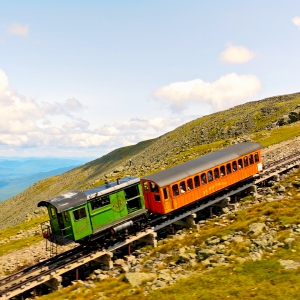 By all appearances, Canadians are leery of coming to NH
By all appearances, Canadians are leery of coming to NH
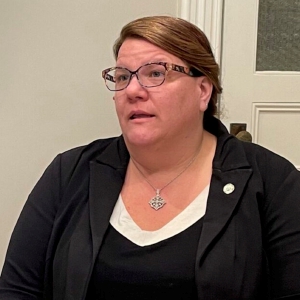 Helen Hanks resigns as Department of Corrections commissioner
Helen Hanks resigns as Department of Corrections commissioner
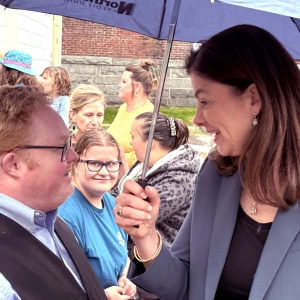 “A dream come true” – Family opens housing for adults with disabilities in Concord
“A dream come true” – Family opens housing for adults with disabilities in Concord
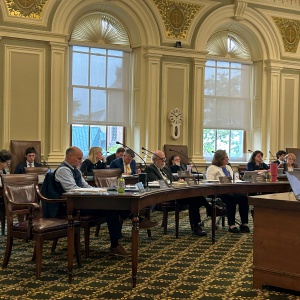 N.H. Senate passes bathroom bill, sending it to Ayotte’s desk
N.H. Senate passes bathroom bill, sending it to Ayotte’s desk
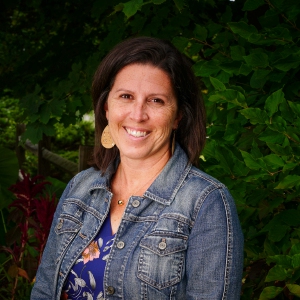 Catherine Masterson named next superintendent of Merrimack Valley and Andover starting in 2026
Catherine Masterson named next superintendent of Merrimack Valley and Andover starting in 2026
 ‘You made a difference’ — Belmont baseball seniors honor their educators
‘You made a difference’ — Belmont baseball seniors honor their educators
But Russell chose to donate the entirety of the harvest every time, never keeping anything for herself.
Through this project, cultivators not only contribute to the community but also acquire valuable knowledge in regenerative farming practices like the “Three Sisters Garden.”
These crops — corn, beans and squash — embrace a harmonious relationship, with corn standing tall, providing sturdy support for climbing beans that in turn enrich the soil with nitrogen. Meanwhile, the squash plant crawling below acts as a weed deterrent and uses its expansive leaves to cast shade, preserving soil moisture.
Apart from these vegetables, the pantry provides meat, canned goods and shelf staples to over 70 individuals, with five families relying on it every other week, particularly for proteins.
“We don’t want to see anybody go hungry,” said Darryl Peasely, a leader of the Abenaki Helping Abenaki pantry. “So it doesn’t matter if you’re Abenaki, French or whatever else, food is here and we will help you.”
The food pantry operates on the side porch of Peasely’s home.
Expanding their impact, the nonprofit organization Abenaki Helping Abenaki builds community through food and improves food access with products like apple cider and maple syrup.
Apples sourced from local farms are hand-pressed into cider and sold or gifted to community members. In the same way, sap tapped from maple trees is boiled down to syrup. These operations take place at the pantry in Contoocook or in other locations, like small farms.
However, the pantry requires upgraded equipment, including a new cider press, a syrup evaporator, and a gathering space for community members during cider and syrup seasons.
Fundraising efforts are underway to facilitate these improvements.
Having all processing centralized is crucial for building community connections, said Alana Redden, project manager at Vital Communities, a nonprofit engaged in strengthening the environment and economy of the Upper Valley.
“I think a huge part of community resilience is being able to build meaningful and trusting relationships with the people living around you and closest to you,” said Redden. “So having physical gathering spaces to help make that happen is a meaningful way to support that.”
To donate, visit: uppervalley.thelocalcrowd.coop/campaign/building-community-through-food/

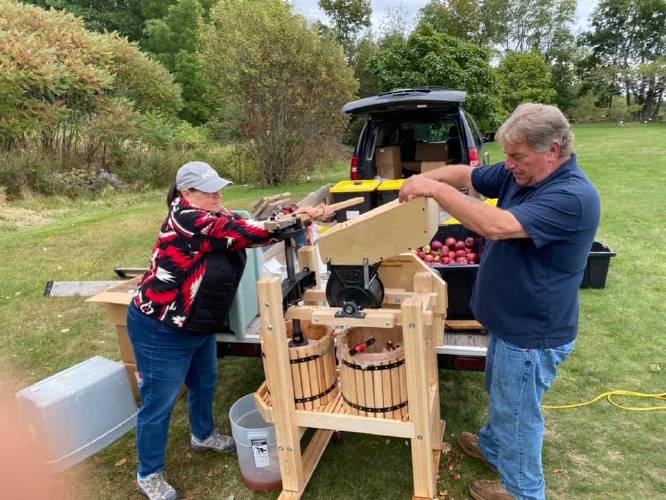
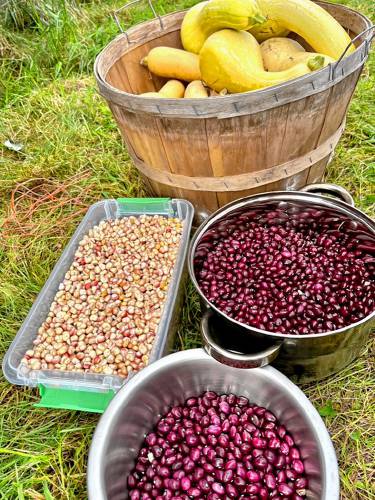
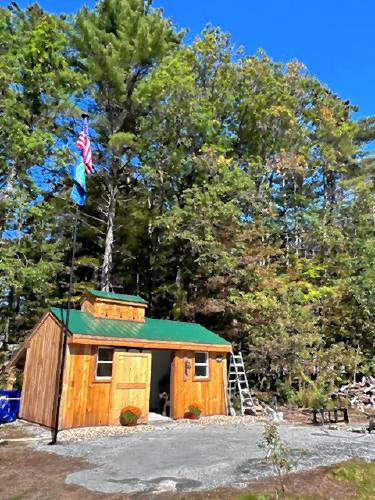
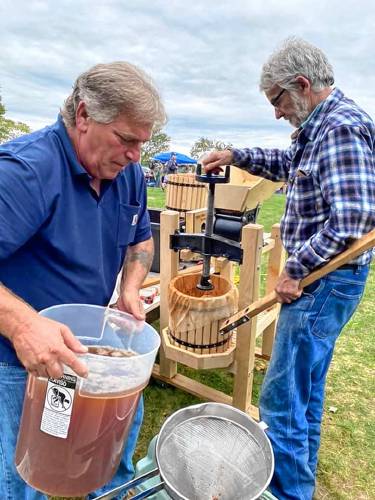
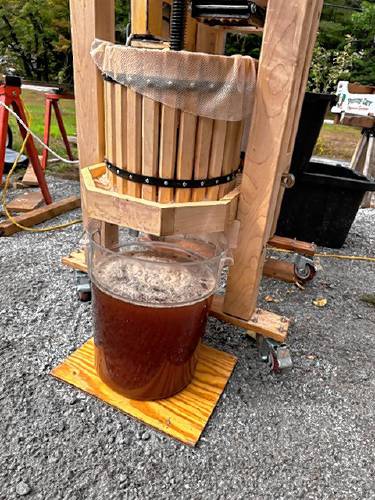
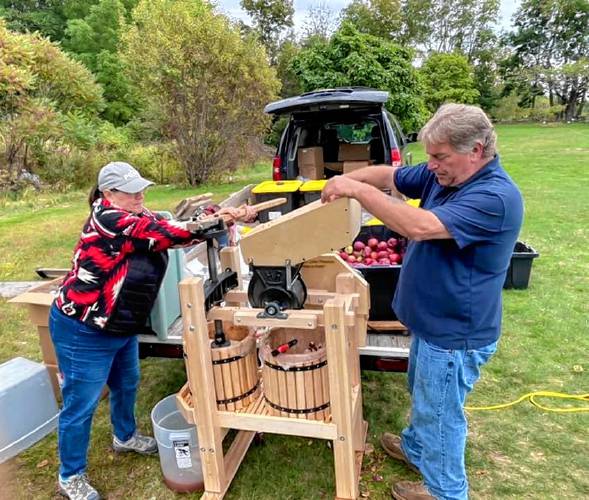






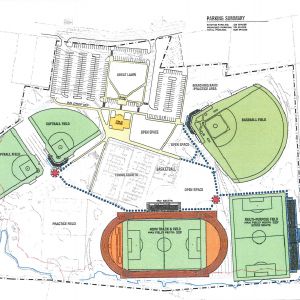 Plans advance on $27M Memorial Field project
Plans advance on $27M Memorial Field project 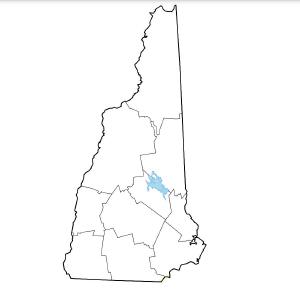 Drought is completely gone from New Hampshire – maybe it can stop raining now?
Drought is completely gone from New Hampshire – maybe it can stop raining now?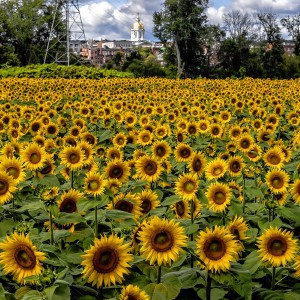 Concord businesses receive grants to build self-sufficiency
Concord businesses receive grants to build self-sufficiency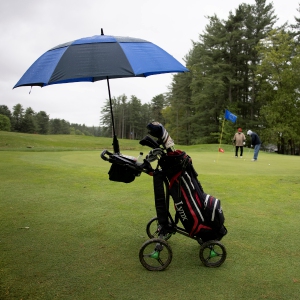 A soggy spring continues
A soggy spring continues
